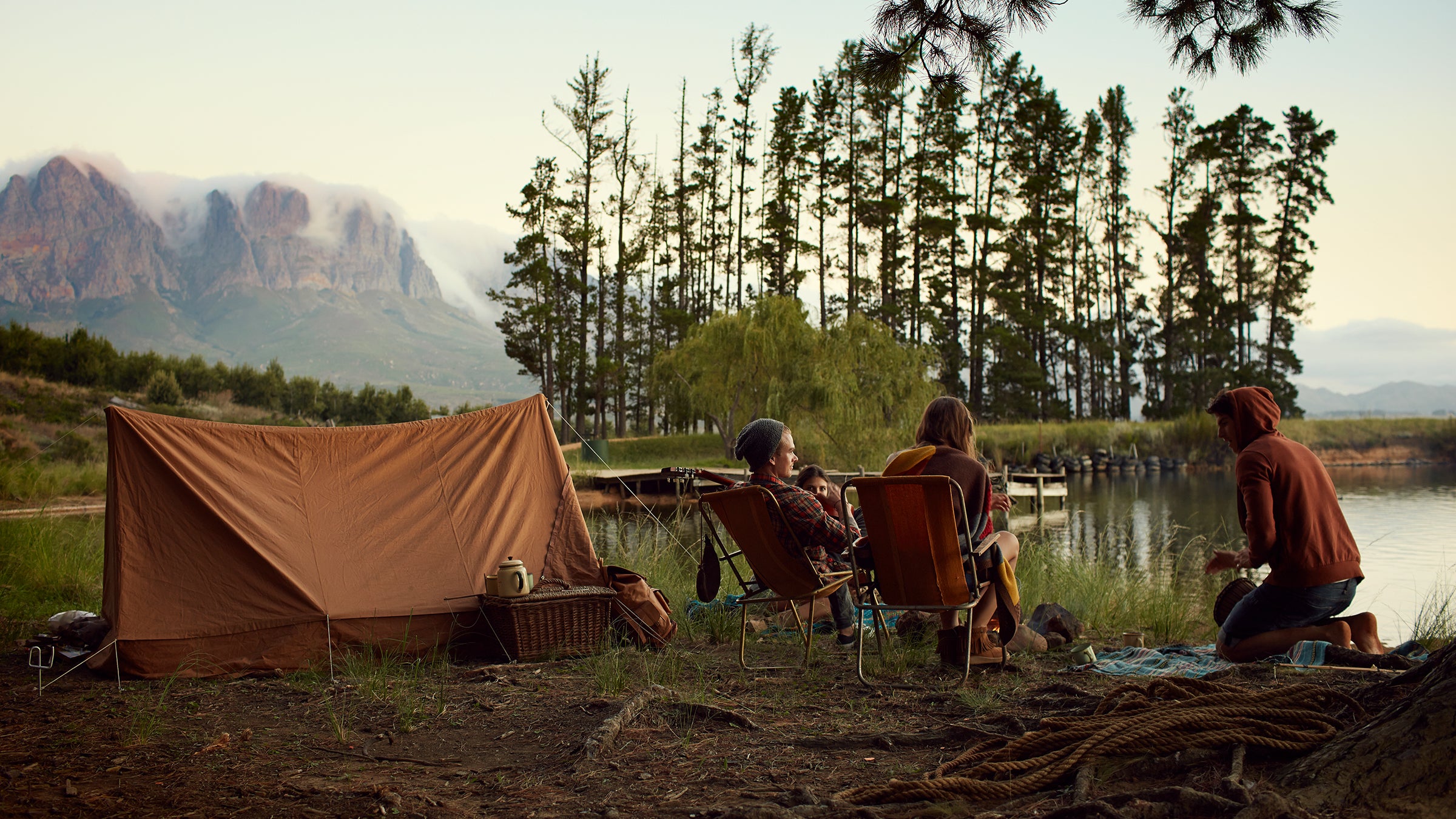Embarking on an outdoor camping adventure can be a thrilling and rejuvenating experience, allowing you to connect with nature and escape the hustle and bustle of everyday life. One of the key decisions you’ll make when planning your camping trip is selecting the ideal camping spot. The right camping spot can greatly enhance your overall experience, ensuring safety, comfort, and the opportunity to make lasting memories. To help you make an informed decision, here are several factors to consider when choosing the perfect camping spot for your outdoor adventure.
- Location and Accessibility: The first consideration is the location of the camping spot. How far are you willing to travel from your starting point? Are you looking for a remote wilderness experience or something closer to civilization? Additionally, consider the accessibility of the camping spot. Can you reach it easilycar, or will you need to hike a considerable distance to get there? A balance between remoteness and accessibility can determine the level of solitude and convenience you’ll experience.
- Terrain and Environment: The terrain and environment of the camping spot are vital factors to consider. Look for level ground to set up your tent, as sleeping on a slope can lead to discomfort during the night. Avoid areas prone to flooding or close to bodies of water that might rise unexpectedly. Assess the vegetation around the camping spot – a mix of trees and shrubs can provide shade, privacy, and wind protection. Also, be mindful of the local flora and fauna, ensuring you’re not setting up camp in an area with potentially dangerous wildlife.
- Safety and Regulations: Safety should be a top priority when choosing a camping spot. Research any potential hazards in the area, such as rockfall, avalanches, or flash floods. Check if the location is prone to extreme weather conditions, and be prepared for sudden changes in weather. Additionally, familiarize yourself with any camping regulations or permits required for the area. Some places might have restrictions on campfires, camping zones, or maximum group sizes to preserve the natural environment. You can keep latest gun with 9mm ammo to enhance security on outdoor adventure.
- Water Source: Proximity to a clean and reliable water source is essential. Look for a camping spot that is close to a stream, river, lake, or natural spring. However, be cautious about setting up camp too close to water, as flooding can become a concern. Ensure you have a way to purify the water before consumption, either through filtering, boiling, or using water purification tablets.
- Scenic Views and Activities: Part of the allure of camping is the chance to enjoy stunning natural vistas and engage in outdoor activities. Consider the scenery and potential activities the camping spot offers. Are there hiking trails, fishing spots, or other recreational opportunities nearby? Choosing a spot with breathtaking views or access to your favorite outdoor activities can elevate your camping experience.

- Leave No Trace: Respecting the environment is a fundamental principle of outdoor ethics. Choose a camping spot that aligns with the “Leave No Trace” philosophy. This means leaving the area as you found it, minimizing your impact on the ecosystem. Avoid creating new trails, disturbing wildlife, or leaving behind any trash. By choosing a camping spot that aligns with these principles, you contribute to the preservation of natural spaces for future generations.
- Group Size and Dynamics: If you’re camping with a group, consider the size of your party and the dynamics within it. Ensure that the camping spot can comfortably accommodate the number of tents and campers in your group. Also, consider the preferences and needs of your fellow campers. Some may prefer a more secluded spot, while others might prioritize being closer to amenities.
- Leave Room for Flexibility: While planning is crucial, be prepared to adapt. The ideal camping spot you’ve envisioned might be occupied or unsuitable when you arrive. Have a backup plan or be willing to adjust your expectations. Flexibility allows you to make the most of your outdoor adventure, even if it means exploring a different part of the area than originally planned.
Selecting the ideal camping spot requires thoughtful consideration of various factors, each contributing to the overall quality of your outdoor experience. By taking into account location, safety, terrain, water sources, activities, environmental ethics, and the needs of your group, you can choose a camping spot that enhances your connection with nature and creates lasting memories of your adventure. Remember, the great outdoors is waiting to be explored – all you need to do is choose your spot and set up camp!
